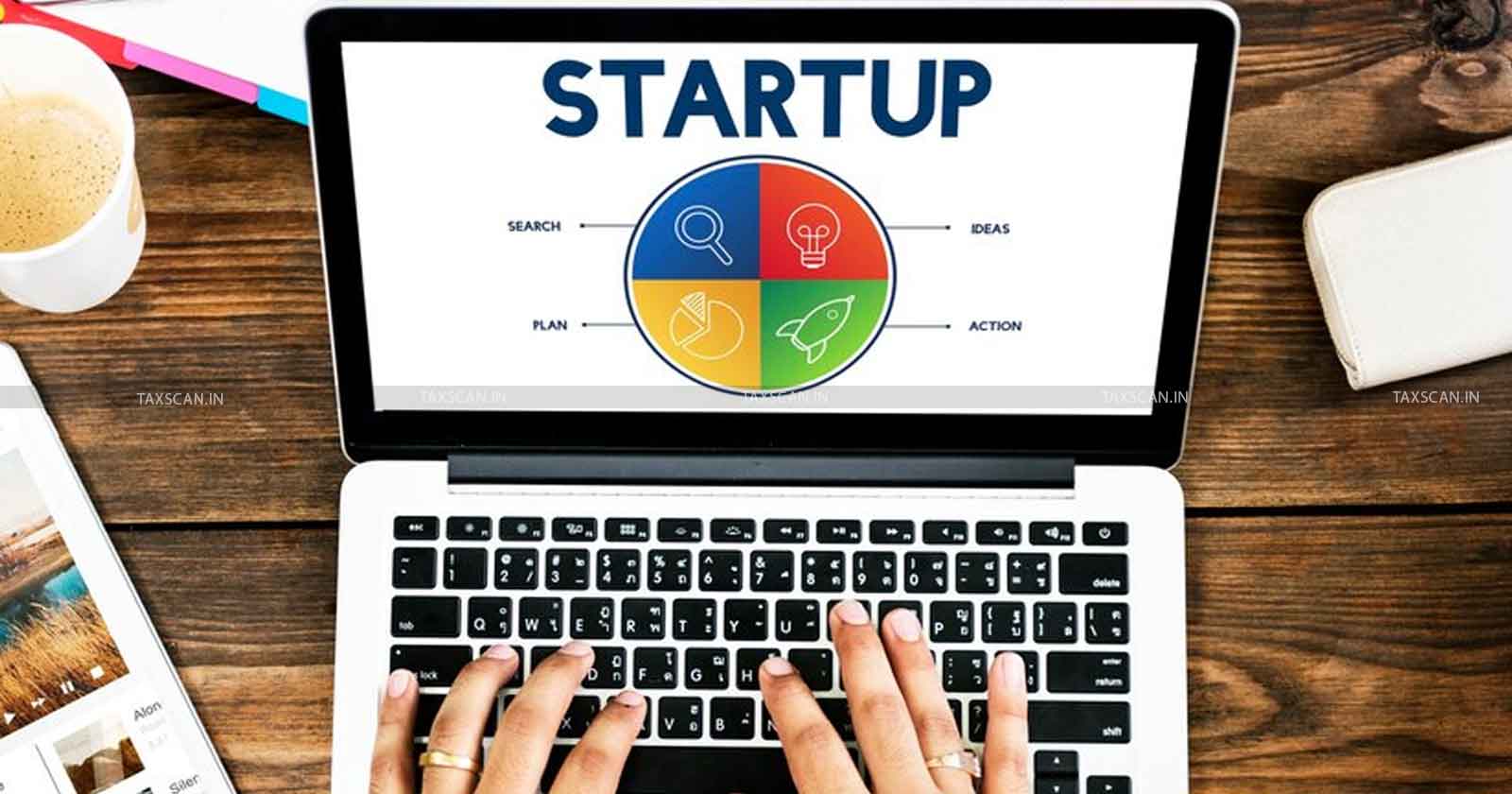Can startups and MSMEs claim both Income Tax and GST benefits simultaneously?
Know about the GST & tax benefits MSMEs and startups receive

- What do you mean by start-up and MSME?
A: A startup is an innovative company that is in the early stages of business development. They are usually founded by entrepreneurs who develop an idea or solution that they believe meets a market need, often leveraging technology and seeking investment to scale up operations quickly.
MSME stands for Micro, Small, and Medium Enterprises. These are businesses categorized by their size and investment in equipment or machinery.
Can a start-up be an MSME?
A: Yes, registering as an MSME can provide a startup with various benefits, including easier access to loans, subsidies, protection against delayed payments, and other incentives from the government aimed at promoting business growth and sustainability. This dual status allows startups to benefit from support structures available for both startups and MSMEs.
Get a Complete Kit of Essential Books for Daily Practice, Click Here
- Are there any tax benefits for startups under the Income Tax Act?
A: Definitely, eligible startups can benefit from a tax holiday, by virtue of Section 80-IAC of the Income Tax Act, 1961, startups are eligible to claim a 100% tax deduction on profits for three consecutive years.
How does the 'Angel Tax' affect startups?
A: In cases where a new innovative business finds it difficult to penetrate the given market, one can also find an angel investor who may inject cash into the business.
Angel tax is explained under Section 56( 2 )( viib ) of the Income Tax Act of 1961. After the 2019 Union budget, if a start-up is registered under the Department for Promotion of Industry and Internal Trade ( DPIIT ), it could apply for exemption from Angel Tax if it complies with the DPIIT guidelines.
- Can startups and MSMEs claim both Income Tax and GST benefits simultaneously?
A: Yes, eligible startups and MSMEs can claim tax benefits under the Income Tax Act and avail of GST benefits like ITC or the Composition Scheme, if applicable, as properly using these incentives allows entrepreneurs to enhance their financial stability.
- Can startups deduct expenses for research and development (R&D)?
A: Yes, startup firms are allowed to avail the benefits of deduction on R&D expenses as under Section 35(1)(iv) of the Income Tax Act. The expenditures may comprise wages, consumables, and additional expenses incurred in science-based investigations.
- Is GST registration mandatory for startups and MSMEs?
A: GST registration is mandatory if the annual turnover exceeds ₹40 lakh (₹20 lakh for service providers). However, voluntary registration can also be beneficial, allowing for input tax credits and other benefits.
Get a Complete Kit of Essential Books for Daily Practice, Click Here
- Are MSMEs eligible for concessional taxes?
A: Yes, under Section 115BA of the Income Tax Act, 1961, MSMEs and certain domestic companies can qualify for a concessional tax rate of 25%, compared to the standard 30%, by meeting specific conditions.
- Can startups claim input tax credit (ITC) on purchases?
A: Yes, registered startups can claim ITC on goods and services used in their business, provided the supplier has paid GST on them and filed their returns.
- What is the rate of Minimum Alternate Tax (MAT) for startups?
A: Startups not availing of tax exemption under Section 80-IAC of the Income Tax Statute are subject to MAT at 15% of book profits. However, the MAT credit can be carried forward for up to 15 years.
Support our journalism by subscribing to Taxscan premium. Follow us on Telegram for quick updates


